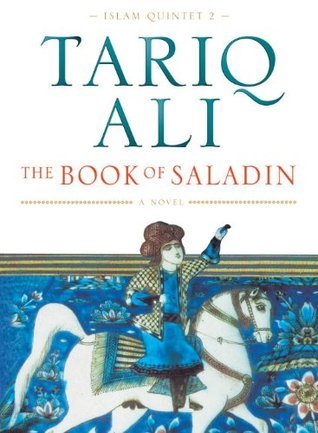What do you think?
Rate this book


368 pages, Paperback
First published January 1, 1998
The women—Jamila, Halima and all the others—have all been imagined. Women are a subject on which medieval history is usually silent. Salah al-Din, we are told, had sixteen sons, but nothing has been written about their sisters or mothers.